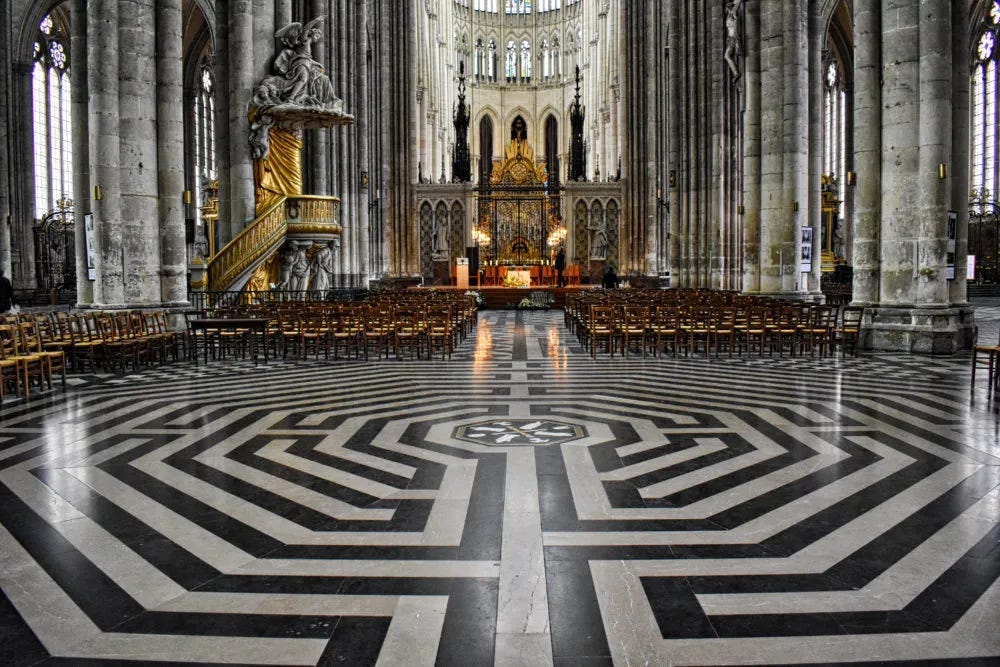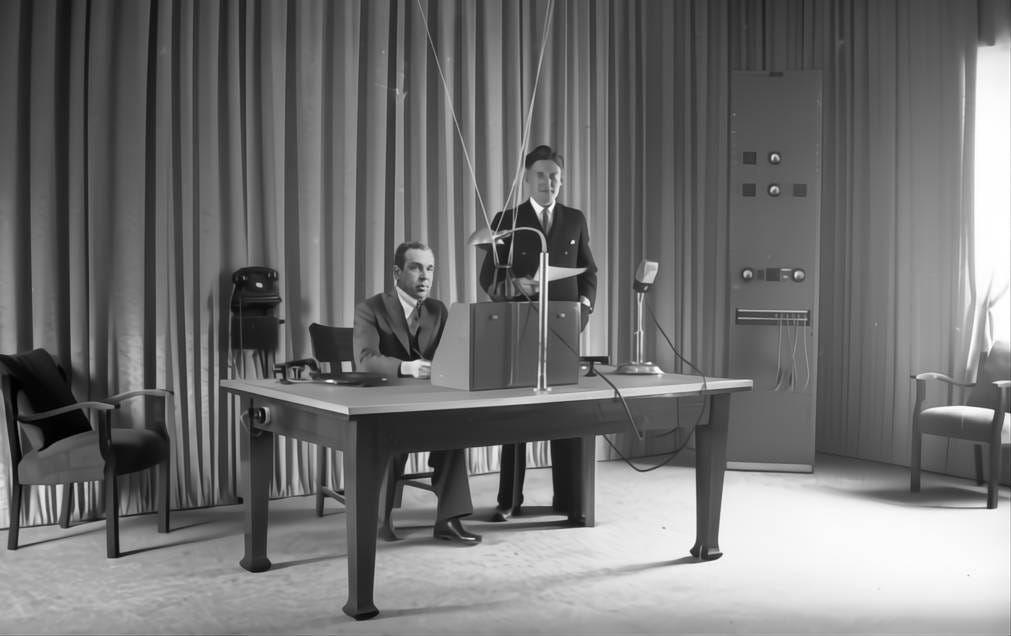I am well aware that when I say to the new age that Homer is still worth reading, or that the Cathedral of Amiens is superior to any of the achievements of the art nouveau, I am making assertions which it would be difficult for me to prove. There is no disputing about tastes. Yet, after all, until the artistic impulse is eradicated more thoroughly from human life than has so far been done even by the best efforts of the metallic civilization of our day, we cannot get rid of the categories of good and bad or high and low in the field of art. But when we pay attention to those categories, it becomes evident at once that we are living today in a drab and decadent age, and that a really new impulse will probably come, as it has come so many times before, only through a rediscovery of the glories of the past.

While Machen is skeptical about the “degree of newness” of many new things, he is nearly certain that most old things are better than most new things. He believed art and architecture had degraded. He hated jazz, noise, and mechanization. He had a love-hate relationship with his automobiles (“I have bought a Studebaker car. In some ways, I like it; in other ways not. I regard it as a great nuisance here.”) For all his complaints about the “metallic age,” he was willing to use some of the developments of the new age in the service of things eternal—to propagate the truth about things unseen. This was evidenced by his early adoption of (or acquiescence to) the medium of radio for gospel teaching.
Machen certainly found the art and culture of the early 20th century to be “drab and decadent,” but that was not what worried or provoked him most.
Act as free men, and do not use your freedom as a covering for evil,
but use it as bondslaves of God. - 1 Peter 2:16 (NASB)
The “new” thing that Machen lamented was the loss of liberty. Subjugation, he would grant, is as old as the proverbial hills, but he considered its degradation a new thing in the United States and the English-speaking world—the home of what he elsewhere called “the great principles of Anglo-Saxon liberty.”
Something very similar needs to be said in the realm of political and social science. There, too, something is being lost—something very precious, though very intangible and very difficult of defense before those who have not the love of it in their hearts. I refer to civil and religious liberty, for which our fathers were willing to sacrifice so much. The word “liberty” has a very archaic sound today; it is often put in quotation marks by those who are obliged to use the ridiculous word at all. Yet, despised though liberty is, there are still those who love it; and unless their love of it can be eradicated from their unprogressive souls, they will never be able to agree, in their estimate of the modern age, with those who do not love it.
Machen mostly had Big Government, Big Education,1 and Big Religion in mind. His other writings make it clear that he opposed European-style bureaucracy and top-down Washington control, standardized education, bland, pragmatic ecumenism, or a centralized, too-powerful church executive. He favored localism but hated local jaywalking laws. He identified progressivism as “unprogressive”—freedom’s foe.
He was thoughtful about liberty, calling it precious but intangible and noting that it is difficult to defend if not loved. Liberty, he says, was out of fashion—a hindrance to progress, efficiency, and maybe even morality. Progressives of the left opposed liberty then and now. The “Left Woke” want speech codes and class-based remedies. And now the “Right Woke” also oppose liberty. They would throw the Constitutional Baby out with the Misused Bathwater. Liberty hasn’t “worked,” so out with liberty.
To those lovers of civil and religious liberty I confess that I belong; in fact, civil and religious liberty seems to me to be more valuable than any other earthly thing—than any other thing short of that truer and profounder liberty which only God can give.
Machen was an American, and the type of liberty he loved was American liberty. Unlike a number of noisy “Christian Nationalists” today, he did not favor a return to real or de facto establishment of religion. He did not dream of a heresy-punishing Christian Prince. The liberty he favored was real and dangerous…dangerous like grace and nearly as dear.
Read The Responsibility of the Church in Our New Age
Listen to a fine reading of the article (39 minutes) by Bob Tarullo
Stay tuned for future installments.
- by Brad Isbell
READ PART 1:
He famously opposed the formation of a Federal Department of Education. Read his 1926 testimony before a US Senate committee here: https://reformed.org/christian-family/testimony-before-the-house-and-senate-committees-on-the-proposed-department-of-education-1926-by-j-gresham-machen-1881-1937/ or you may listen to it here: https://presbycast.libsyn.com/bonus-machens-testimony-against-a-federal-dept-of-education






Brad, Reverend Julian Alexander, a Presbyterian minister who died at age 104 two years ago recalls the magic of radio in the 1920s: “Our family would sit in our living room on Sunday evenings and listen for a half an hour to Gresham Machen and then a short time later, would switch the channel and hear Harry Emerson Fosdick. How’s that for a piece of history? Best wishes, Chuck Wiggins.